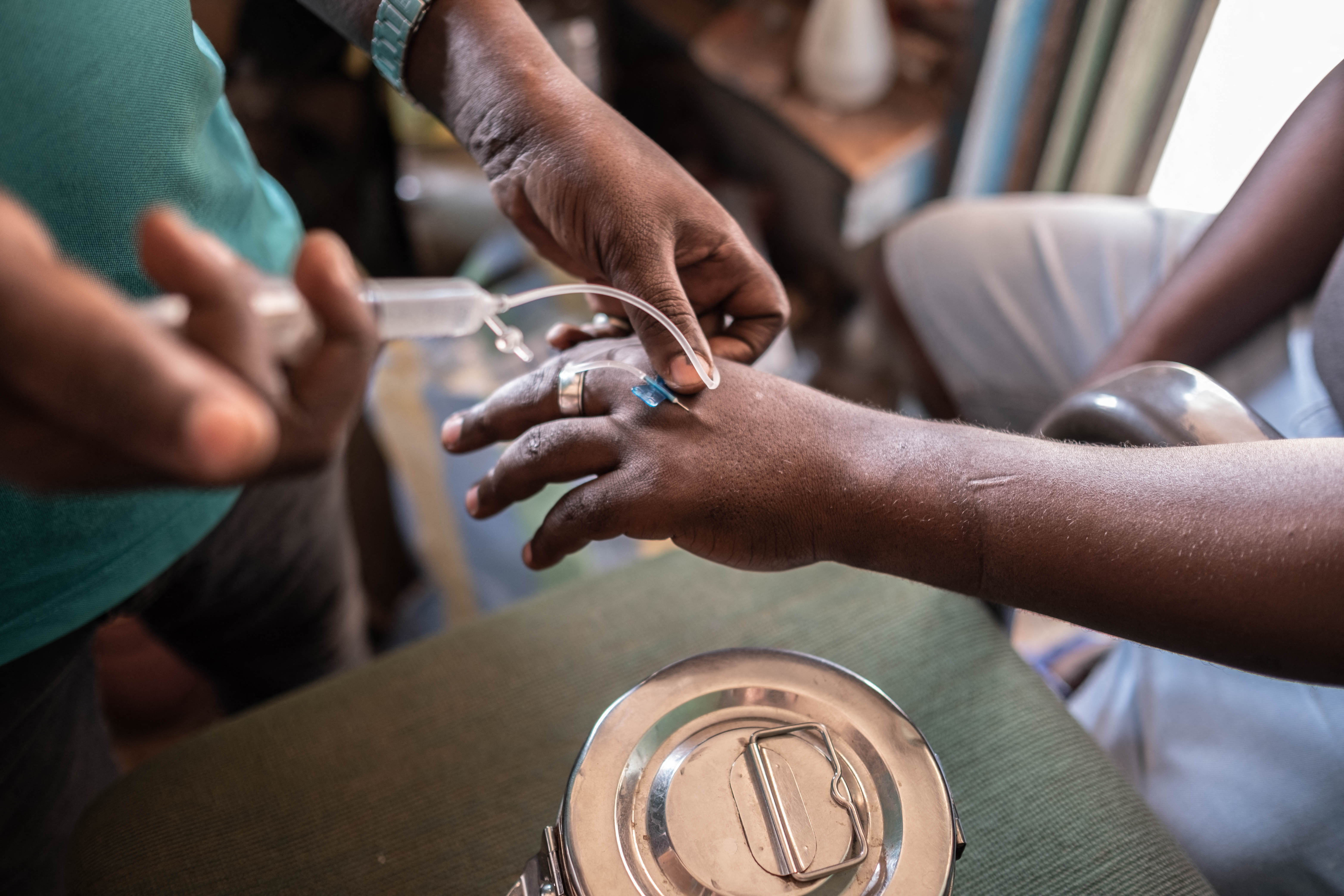University of Antwerp leads international research project on malaria first aid

The University of Antwerp is coordinating the new international consortium SEMA ReACT, which will carry out a large-scale study to optimise first-line treatment of malaria patients, the university announced in a press release on Monday.
Through the SEMA ReAC project, Africa and Europe will jointly research first-line malaria treatment, especially in remote areas. "Buying time to reach a health facility is crucial," says the university.
"If malaria is not treated quickly, it can be life-threatening. In remote areas, it is impossible to treat patients quickly. Sometimes people have to travel up to six hours to the nearest hospital. This consortium is looking for efficient ways to save time."
"Sometimes people have to travel up to six hours to the nearest hospital. This consortium is looking for efficient ways to save time"
For seriously ill children who cannot swallow medicine, for example, capsules containing drugs can be life-saving. But in extremely remote areas, even that is not enough, and there is no chance of visiting a hospital, due to lack of transport, flooding, safety issues or high costs.
There are currently few guidelines for frontline workers to follow when critically ill patients cannot be transported to a health facility in time. The new consortium aims to remedy that.
"The disease strikes unexpectedly and mainly affects children," says Christine Manyando, head of public health at the Research Centre for Tropical Medicine in Zambia, which is providing scientific leadership for the consortium. "Local solutions can be implemented in the most affected communities. This is necessary to implement life-saving strategies."
#FlandersNewsService | © PHOTO BARBARA DEBOUT / AFP
Related news
